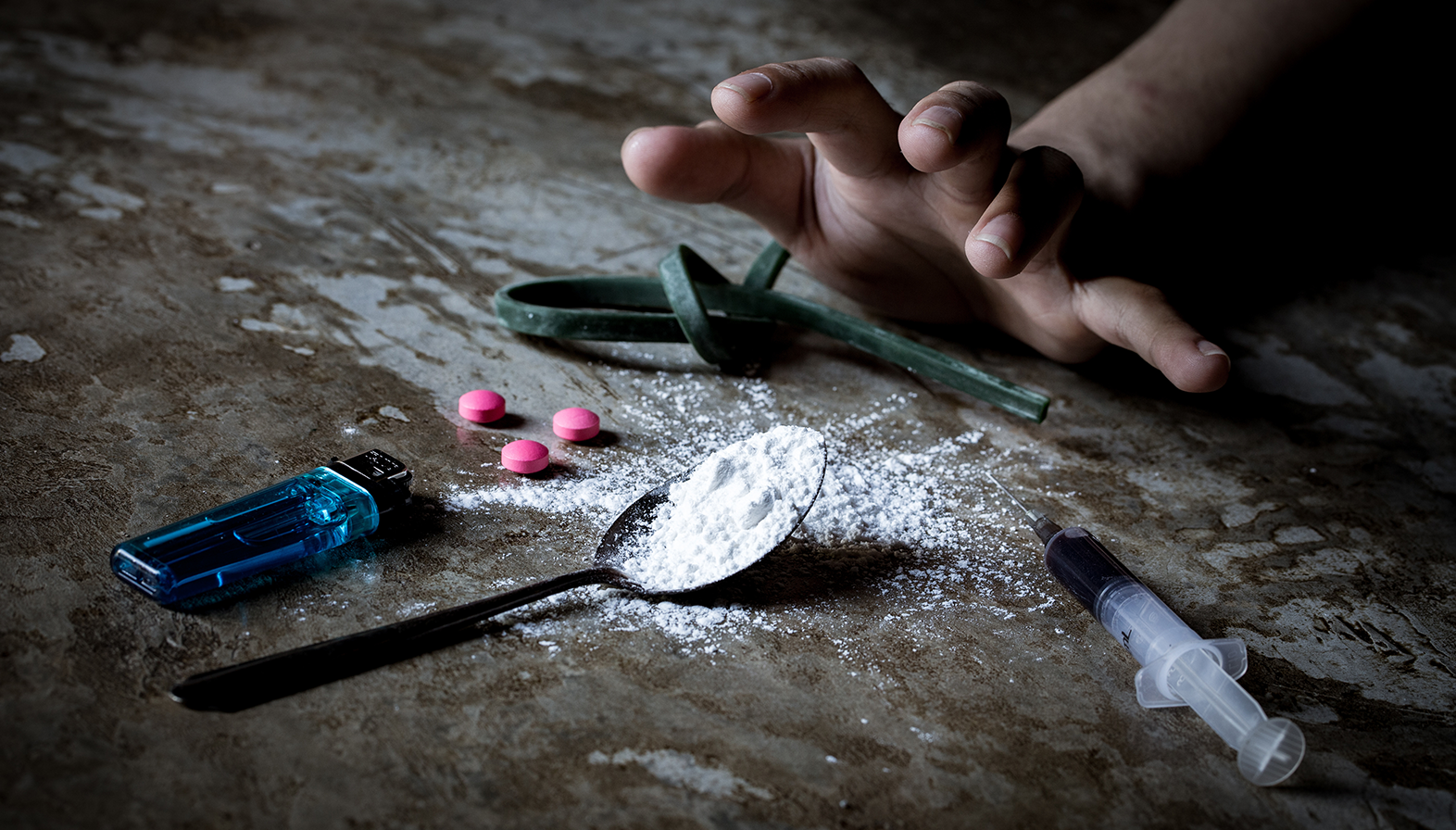Stages of Cocaine Withdrawal
Deciding to stop abusing cocaine is an extremely courageous move. The decision to quit cocaine is daunting because severe withdrawal symptoms can be extremely uncomfortable. The good news is that many addiction treatment facilities in NJ can help with cocaine withdrawal symptoms.
It is always better to know what to expect, as treating cocaine withdrawal is not easy and could be uncomfortable for the patient. Educating yourself about the various stages of cocaine withdrawal in advance helps a lot in preparing yourself mentally for the process.
What is Cocaine Withdrawal?
Cocaine withdrawal is a result of stopping abrupt use of the substance. The person’s body has become chemically dependent on cocaine and it reacts in adverse ways once they stop consuming cocaine. Someone who is experiencing cocaine withdrawal might be prone to:
● Headache
● Anxiety
● Lack of concentration
● Muscle pain
● Mood swings/crash
Why do People Experience Cocaine Withdrawal Symptoms?
When someone starts consuming cocaine at regular intervals, their body becomes chemically dependent on it. Even someone who consumes coffee at regular intervals feels withdrawal symptoms when they quit drinking coffee or switch to decaffeinated coffee because their body has become dependent on caffeine. Similarly, cocaine creates dependence, but it is far more acute than the one created by caffeine. All addictive substances, including caffeine and cocaine, create dependence by altering the reward pathways in the brain. The brain releases dopamine, a pleasure giving neurotransmitter, in response to pleasurable activities such as eating food, having sex, or indulging in hobbies. Most drugs and alcohol stimulate the brain to release large quantities of dopamine that previously pleasurable activities cannot match. Frequent use of drugs or alcohol teaches the brain to release dopamine in response to stimulation from drugs and alcohol. So, the brain stops responding adequately to previously pleasurable activities such as eating food, having sex, or indulging in hobbies. This creates dependence as the person abusing substances regularly does not feel normal until the brain is stimulated to produce large enough quantities of dopamine. Therefore, they experience cravings when they stop using addictive substances and go back, time and again, to their drug of choice in order to get a fix and feel normal.
However, this does not mean that there is no way to stop using drugs or alcohol and get clean. The dependence of the body on cocaine and cocaine withdrawal symptoms can be addressed by addiction treatment professionals in NJ through a combination of medication and therapy. You don’t have to depend on will power alone to combat addiction.
Stages of Cocaine Withdrawal
Although temporary, cocaine withdrawal can be highly uncomfortable. The intensity of cocaine withdrawal and duration may vary from person to person depending on intensity and frequency of use. Here are three stages of cocaine withdrawal:
● Stage 1: Cravings
Cocaine can produce an intense high and individuals get addicted when they “chase” the high. After being snorted cocaine high peaks in 20-30 minutes and could last up to 90 minutes. Cocaine has a short half-life, which means the high wears off quickly and cravings set in immediately. Therefore, treatment needs to be accessed immediately.
● Stage 2: Crash
If an individual addicted to cocaine does not give in to the intense cravings it results in a cocaine crash. The cocaine crash can be described as turbo-charged alcohol hangover. The cocaine crash phase can last from a few hours to a few days. During this stage, individuals experience excessive fatigue which may result in a long sleep cycle. Individuals may also experience depression, anxiety, agitation and paranoia.
● Stage 3: Suicidal Ideation
A person addicted to cocaine may feel worthless when they are not experiencing a high. This may lead them to experience suicidal thoughts. So, treatment for cocaine should address psychological symptoms in addiction to physical symptoms.
Treatment for Addiction to Cocaine is Effective
Like for addiction to all other substances, treatment for addiction to cocaine is available in NJ and can be accessed from any town – be it Colts Neck, Basking Ridge, Alpine, Paramus, Plainfield, Brunswick, Clinton, Newton, Toms River, Asbury Park, Long Branch or Red Bank in New Jersey.
Although there are no medications yet that directly address cocaine withdrawal symptoms, cravings can be alleviated and psychological symptoms addressed through medications. However, the person addicted to cocaine needs to be willing to enter treatment in order to get the help they need to successfully enter recovery.
Conclusion
The thought of quitting cocaine use may daunting due to fear of facing severe withdrawal symptoms. However, in reality, it is not as challenging as it seems, because high-quality addiction treatment centers in New Jersey will work with the patient in order to ease and address the most feared cocaine withdrawal symptom – cocaine crash.
Related Articles
Effects of Cocaine Use on Health

